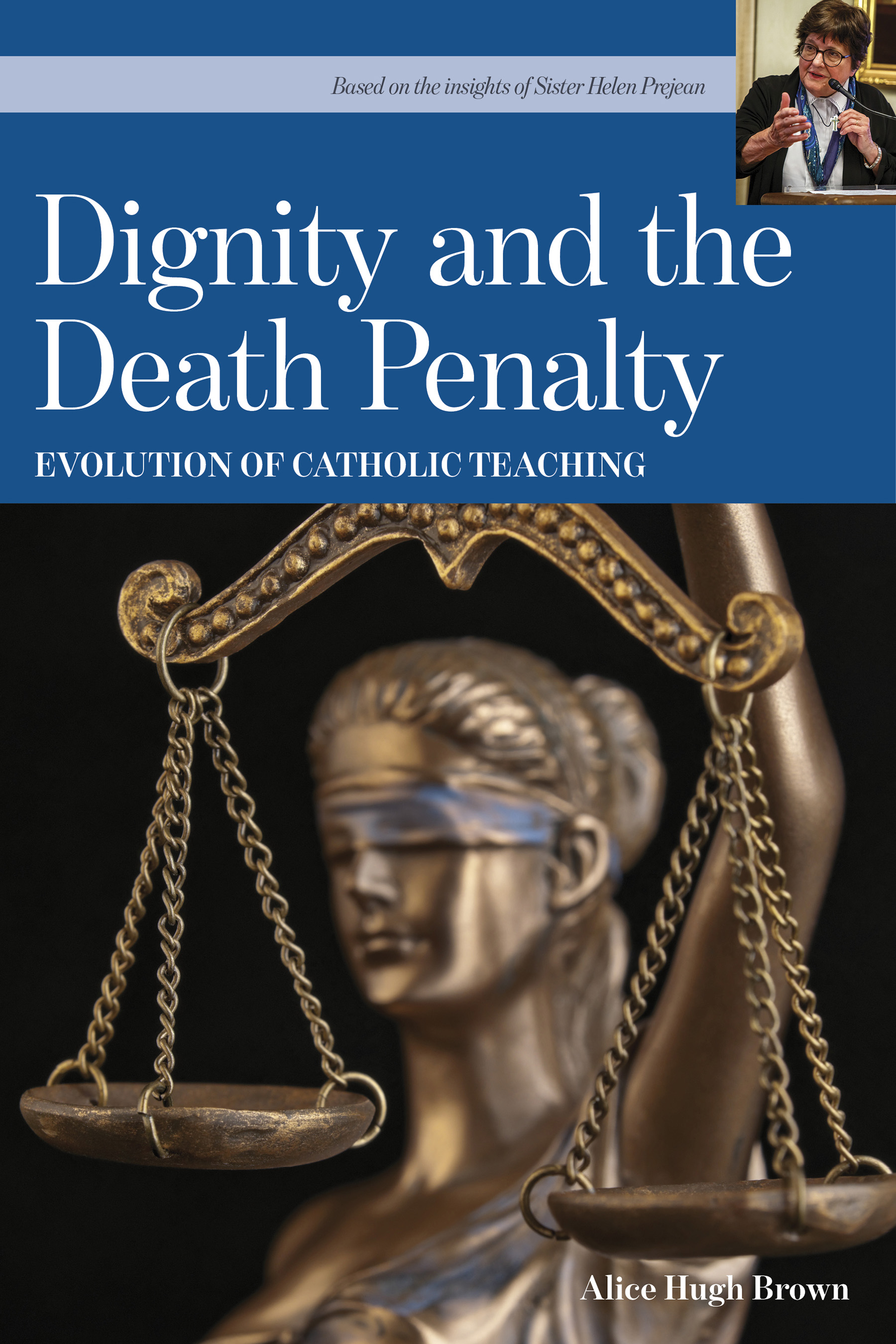A reading from the Book of Exodus
(Chapter 32:7-11, 13-14)
This reading is about the infidelity of the people who were saved by God from slavery in Egypt. "The Lord said to Moses, ‘Go down at once to your people. … They have soon turned aside from the way I pointed out to them, making for themselves a molten calf and worshiping it, sacrificing to it and crying out, “This is your God, O Israel, who brought you out of the land of Egypt!” I see how stiff-necked this people is. … Let me alone, then, that my wrath may blaze up against them to consume them.’"
“But Moses implored the Lord, his God, saying ‘Why, O Lord, should your wrath raise up against your own people?’” Then Moses began to bargain with God. This may seem strange to us but “Semitic bargaining” was a feature of life at that time. And God relented and said to Moses, “I will make your descendants as numerous as the stars in the sky and all this land that I promised, I will give your descendants as their perpetual in heritance.”
Notice that at first God refers to the Hebrews as “your people,” even though he has always considered them as his people. Then, after he has forgiven them for their idolatry, they are once again his people.
We do not worship any golden calf today, but we may be tempted to worship power or money or possessions. Of course, we would never say that, but we might be tempted to discard our values for power or possessions. It is good to ask ourselves these questions every once in a while. What are we tempted to worship? Does anything hold power over us?
Responsorial Psalm
(Psalm 51:3-4, 12-13, 17, 19)
“I will rise and go to my father.” The first line of the Psalm says, “Have mercy on me, O God, in your goodness; in the greatness of your compassion wipe out my offense.” God’s mercy is always there for us.
A reading from St. Paul's letter to Timothy
(Chapter 1: 12-17)
St. Paul was more responsible for the growth of the early Church than any other person. But he had been a really “bad guy.” As he writes, “I was once a blasphemer, a persecutor, a man filled with arrogance.” This great man had participated in the murder of Christians before his conversion: “But because I did not know what I was doing in my unbelief, I have been treated mercifully, and the grace of our Lord has been granted me in overflowing measure, along with the faith and love that are in Christ Jesus. … Christ Jesus came into the world to save sinners. Of these I am the worst. But pm on that very account I was dealt with mercifully, so that in me, as an extreme case, Jesus Christ might display all his patience, and that I might become an example to those who would later have faith in him and gain everlasting life.”
In the first reading, from the Book of Exodus, we read about God’s mercy for his people. Here, Paul talks about the great mercy that he received from Jesus, a mercy that literally turned his life around.
Has the forgiveness of God, the mercy of God ever turned your life around? Has it helped you out of depression, self-doubt, even self-hatred? The healing mercy of God is truly amazing, transforming, life- changing. Perhaps you know someone who is in need of God’s mercy but does not know it or does not know how to ask for it. Have you ever thought that one of our great gifts and roles in life is to embody the merciful love of Jesus in your life and work? It is right there within us, and the need is all around us.









